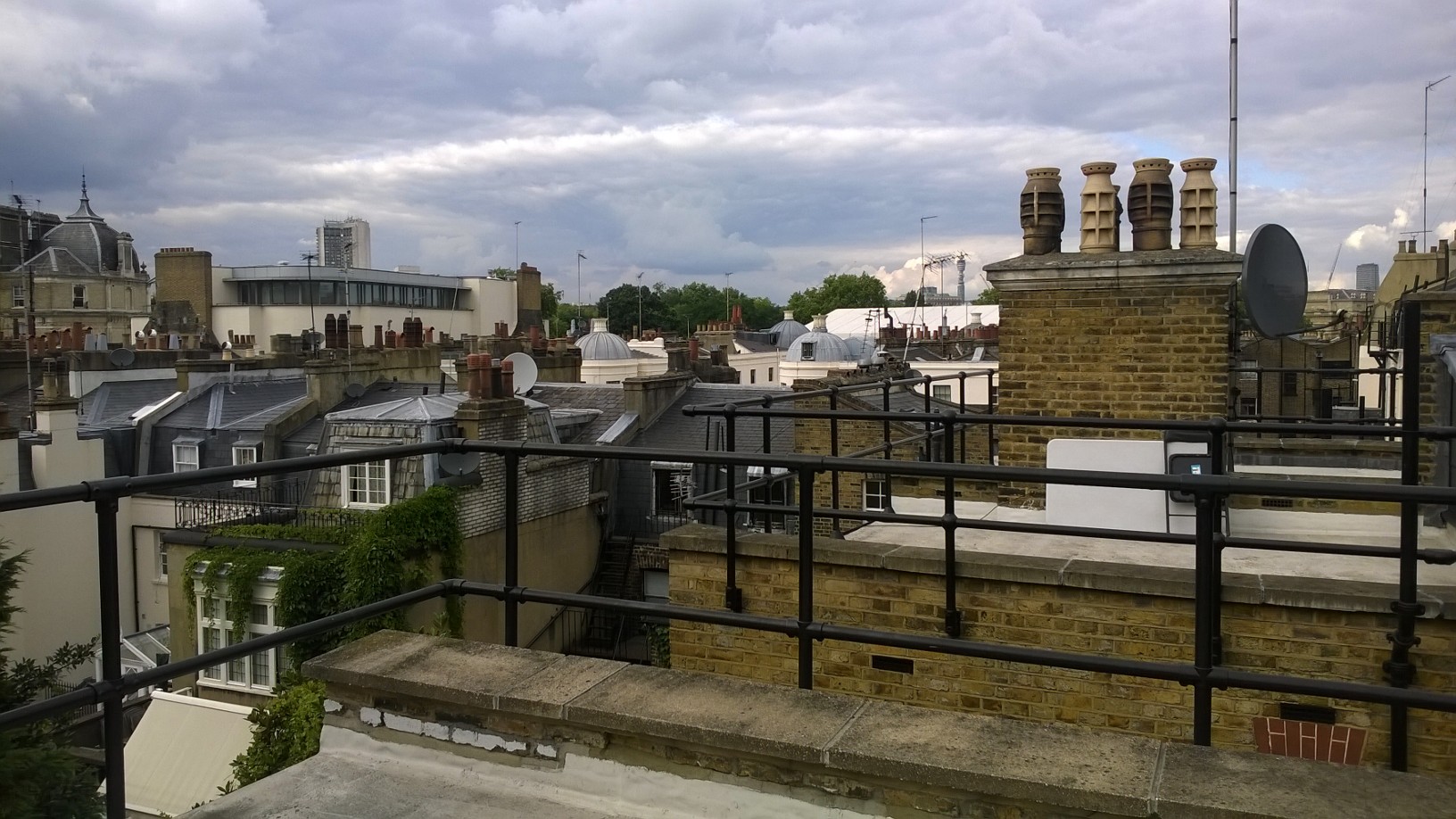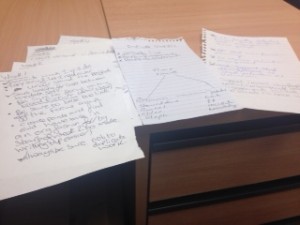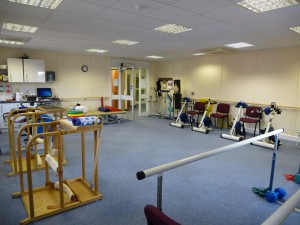Infrastructure and I: Part Two – Friendship Established
After a few week break I am back again, with your weekly insight into the future of the UK energy infrastructure! Many of the Green Alliance staff are on holiday, making desk space plentiful, which means I have been able to work my first 40-hour week at an office job ever! Takes a bit of getting used to, but overall sitting at a desk for 8 hours straight is more fun than expected.

Just another day at the office… (Sorry I just couldn’t resist!)
So what have I been doing in my first full-time week? Well, the focus in the past five days has momentarily shifted from dusty data archives to the forward looking analysis of future electricity generation projects. Indeed, I feel like prospective wind farm expenditure is all I know anymore! This is due to the summer revision of the National Infrastructure Pipeline shuffling the project titles around in a peculiar way. The number of projects listed decreased from 646 to some 400, even though the total planned expenditure, the “value” of the pipeline, actually increased. This meant that the missing third of the projects were probably not actually dropped but rather regrouped under headings such as “Various renewables” and “Post-2020 generation”. So I went, googling through 100 odd wind farm projects to figure out if the numbers actually did add up. You would reckon that it is easy to get a credible estimate of the capital expenditure of a multi-billion pound offshore project with its own web site and generous media coverage. Instead it was sometimes impossible to even get a good idea of whether a project was ongoing any more, when a press release or a news flash from 2012 was the latest piece of information available. A comforting fact is that I am not the only one having trouble keeping track of things. Take for example National Grid’s Transmission Entry Capacity register, which still allocated 52.5MW of future capacity to an onshore project a month after it has been shut down by the officials. (Edit: Just today they updated the register, stripping this shred of comfort from me.)
I do not know if I can become any more fluent at googling, but at least I have learned a lot about the renewable energy market. Reading through news archives, government reports, consent applications, financial statements and annual reports really gives you a better understanding of how government subsidies affect the energy market, and the unharnessed potential of new floating offshore wind turbines, to name a few examples. Also, who knew the government had an e-archive dedicated to conserving not only snapshots of official sites from more than ten years ago but also saving tens of thousands of tweets made by official bodies for future generations. This not only made me ponder the historic value of a single tweet but also realise that the informative value of a website drastically decreases if every hyperlink leads to a 404 error.
In addition to wind farm research, I compiled my findings on the different data sources into a yet to be finished Word file. The finishing touch is pending explanations to some discrepancies, which I have chased to the point of emailing the corresponding institutions asking for clarification. Fingers crossed they reply in time!
Lunch break with the other interns has provided a nice social aspect to the otherwise solitary nature of my work. And when it comes to lunch venues, nothing beats beanbags and a roof terrace on a sunny day! (Too bad there have not been too many this week…)

Not quite sunny but good enough!
Tune in again next week when I share with you the story of how I got from first hearing about Charity Insights to present time, along with the usual update on my project!



